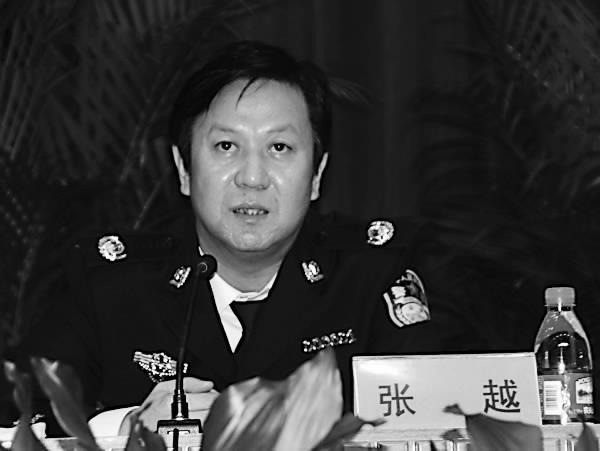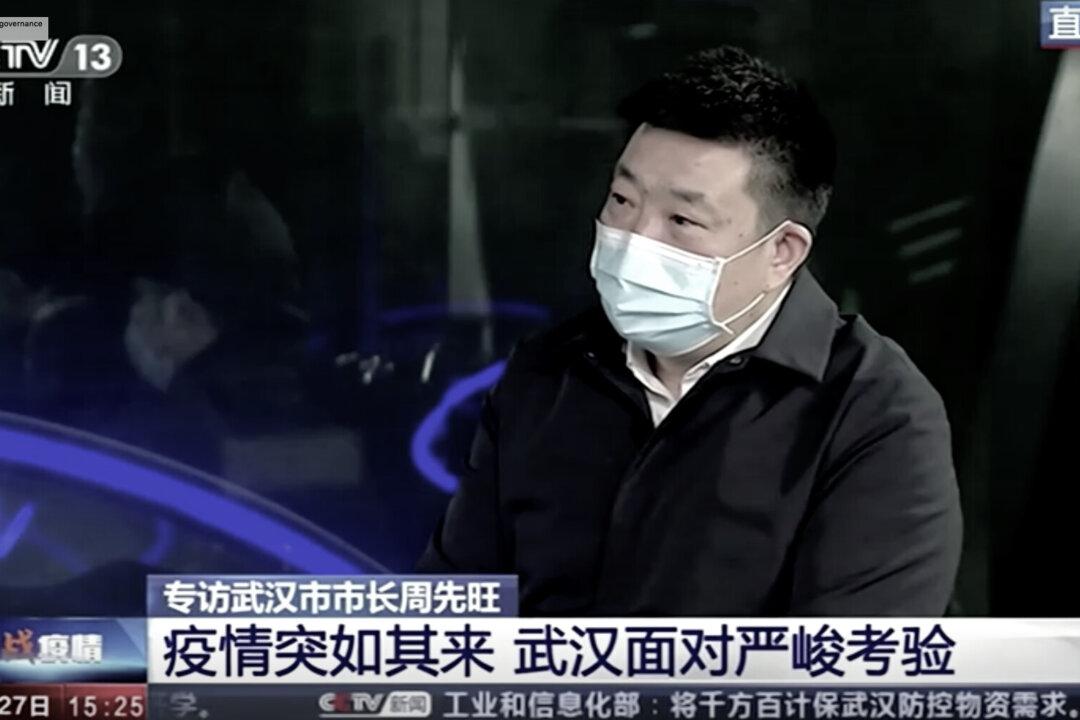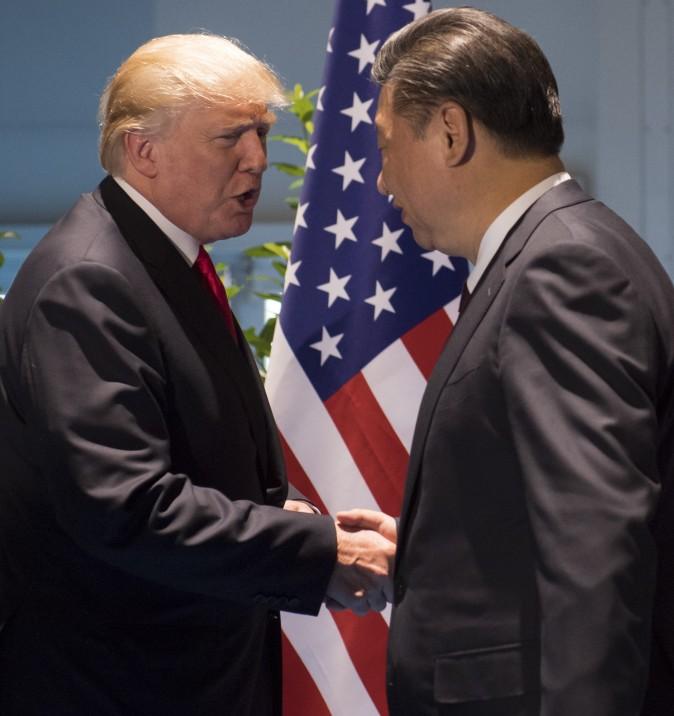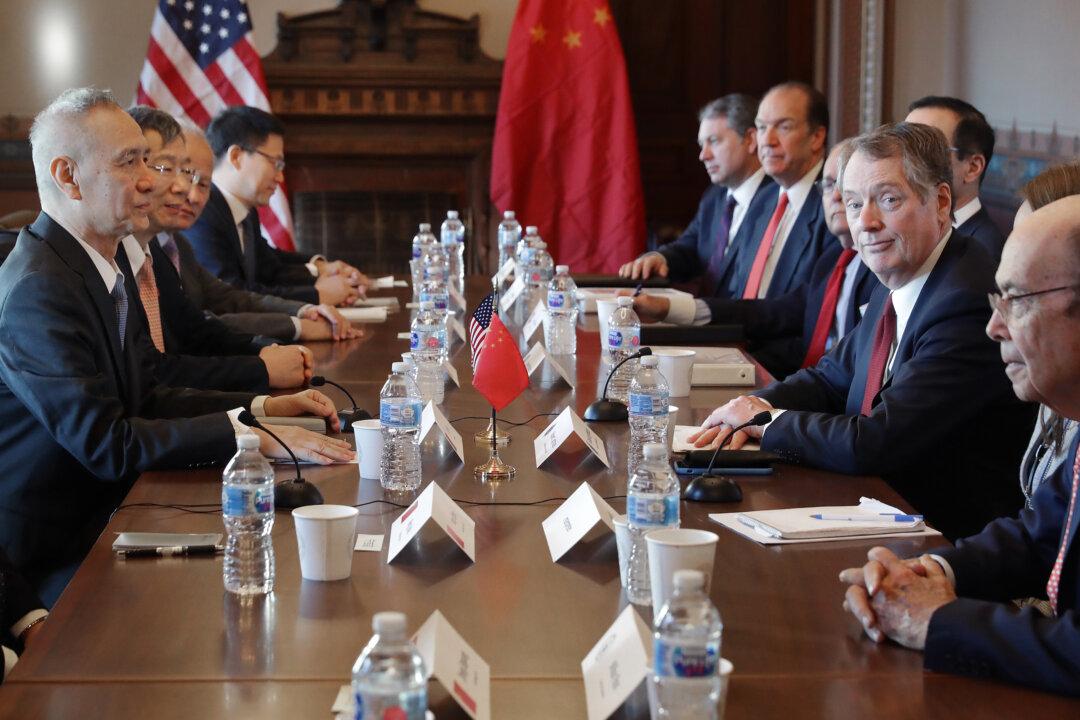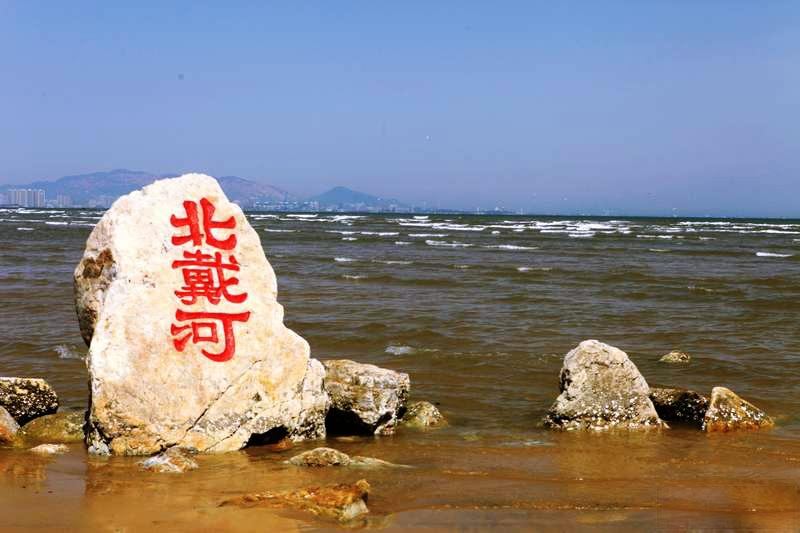Zhang Yue, security boss of Hebei province, has been arrested for “serious violation of Party discipline” and is currently being investigated, according to news from the Central Commission for Discipline Inspection’s website on April 16.
Zhang is the second incumbent Political Committee Secretary at the provincial level to have been investigated since the CCP’s 18th National Congress.
After Zhang was sacked, China’s media immediately published several articles that revealed the inside story of his ties to former security czar Zhou Yongkang; Deputy Minister of the Ministry of State Security Ma Jian, who has been sacked; and Guo Wengui, who controls Beijing Zenith Holdings.
The Chinese media’s coverage of Zhang’s alleged crimes was limited to corruption and misconduct, which are the stated reasons for CCP leader Xi Jinping’s anti-corruption campaign. However, the undertone of the story can be seen in the details; that is, Zhang’s resume.
Apparently, Zhang held a special appointment between November 2003 and December 2007 as the Chief of the 26th Bureau of the Ministry of Public Security. This department is the Ministry of Public Security’s “610 Office,” which was established to persecute the spiritual practice Falun Gong. In 2003, Zhou Yongkang held the appointment of Minister of Public Security.
The 610 Office is an illegal organisation established by former CCP leader Jiang Zemin on June 10, 1999. It is also called “the Central Leading Group for the Prevention and Handling of Cult-Related Issues”.
The 610 Office has been compared to the Gestapo, the secret police of Nazi Germany. It controls the police, Court, and Attorney through the Political and Legal Affairs Commission. It overrides the country’s laws, and is another power centre of central authorities.
For the past 16 years, the policy of persecuting Falun Gong has been passed down from the 610 Office and executed by the public security organs, based on Jiang’s verbal instructions. However, the 610 Office is a confidential unit, and many details are still unknown to the outside world.
The CCP’s persecution of Falun Gong has gone underground for the past 10 years. In order to hide the truth about the persecution, the CCP’s official media did not carry news about the 610 Office.
On Jan 12, 2015, Li Dongsheng, Zhou Yongkang’s trusted aide and the former head of the central 610 Office, was sentenced to 15 years in prison. On Dec 20, 2013, Li was sacked, and official communications referred to his titles: vice head of the Central Leading Group for the Prevention and Handling of Cult-Related Issues; head of the office of the Leading Group (610 Office); and vice minister of Public Security.
The exposure of the name of that secret agency alluded to the fact that Li’s real crime was linked to persecuting Falun Gong.
Jiang’s faction of the CCP is fearful that once it loses power, it will be exposed for its crimes of persecution. On the other hand, Xi wants to run the country normally. The contradictions between the two were irreconcilable.
Due to the restrictive factors of the CCP’s system, officials in Jiang’s faction have been sacked under the name of corruption. However, if you look at the common thread among the officials—including former police chief Wang Lijun; former CCP secretary of Chongqing City Bo Xilai; Li Dongsheng; former CCP secretary of Qinghai Province Su Rong; former military general Xu Caihou, and Zhou Yongkang—all followed Jiang’s orders and committed crimes against humanity by persecuting Falun Gong.
As such, the crimes of persecuting Falun Gong, including the live organ harvesting from adherents, have become the Achilles heel of the Jiang faction.
Uncovering the inside story of China’s media reports and understanding their signals serve as reminders for people to make a choice. In the near future, when the persecution crimes against Falun Gong are exposed, Jiang’s faction and the CCP apparatus will be disintegrated.
Translated by Benjamin Ng. Edited by Sally Appert.
Xia Xiaoqiang, is a political columnist for the Chinese edition of the Epoch Times, he is based in Norway and has written analyses of contemporary political affairs since 2009.
